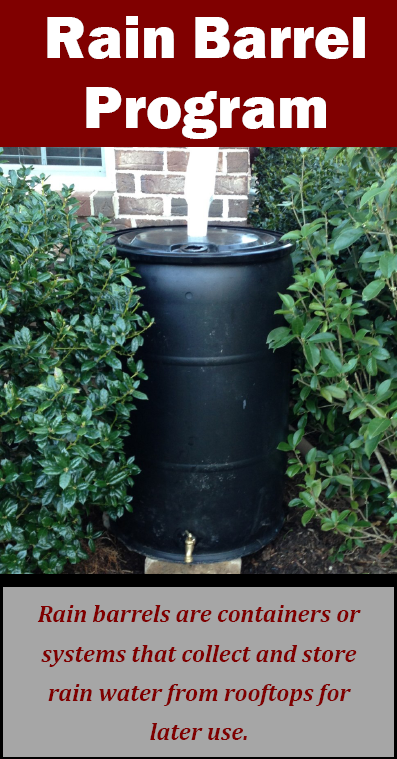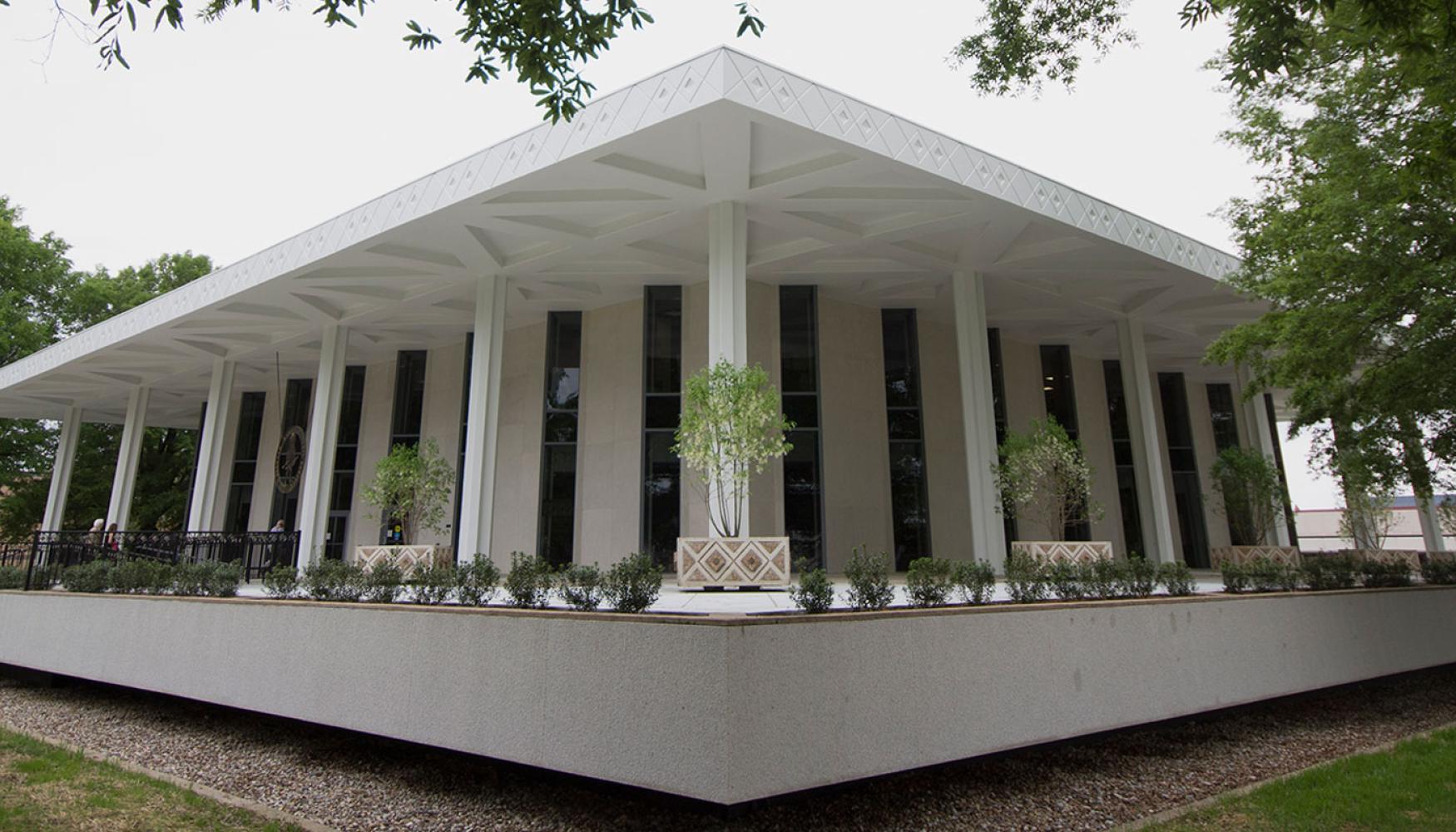Contact
Comprehensive Stormwater Master Plan
The City of Paducah has developed a Comprehensive Stormwater Master Plan. This document provides a clear and concise explanation of the City’s existing stormwater management program, presents a detailed investigation into key components of stormwater as it is related to the City, establishes stormwater management goals for the future, presents tools to meet or exceed established goals, and provides a foundation for future policy decisions.
Comprehensive Stormwater Master Plan
Water Quality - MS4 Program
Good water quality is vital to promoting the health, safety, and general welfare of the public. The presence of pollutants in stormwater runoff impacts our community’s water quality. Stormwater runoff is precipitation that does not infiltrate the ground and flows across land surfaces or through storm sewer systems to bodies of water. As it moves across various surfaces, stormwater runoff collects pollutants such as sediment, trash, chemicals, and oils. These pollutants can cause significant harm to local bodies of water, as well as ultimately destroy aquatic habitats. When the amount of stormwater runoff increases, so does the amount of pollutants collected. Typically, urban and suburban environments experience a greater volume of stormwater runoff than rural environments due to the increased area of impervious surfaces such as buildings, roads, and driveways. In contrast, the natural vegetation and soils of rural environments allow for a greater amount of stormwater to infiltrate the ground, resulting in less stormwater runoff. Still, development and redevelopment projects are positive endeavors, critical to the growth of the community. This means proper implementation of best management practices to mitigate the impact of associated pollutants is imperative to maintaining good water quality throughout the community.
Learn more in the link about what the City of Paducah is doing to improve local water quality
Stormwater Phase II MS4 program
Stormwater Management
Stormwater is the result of rainfall that does not soak into the ground and flows into surface waterways or storm sewers. Stormwater is a concern to the City of Paducah and has to be controlled from a quantity and quality standpoint. Construction activities and increased impervious surfaces associated with new development and expansion of existing sites can lead to increased stormwater runoff and pollution. Storm water management and how the public can help maintain flow into the system are highlighted in this Paducah View episode (6:09 minutes).
Paducah's Stormwater & Drainage Brochure
Permitting and Licensing Guide
Knowing where to begin on a project can be scary; however, the City of Paducah has created a permitting and licensing guide to provide assistance in getting projects completed.
Stormwater Management at Your Home
- Plant a Rain Garden
-
Rain gardens are landscaped areas around your home planted with wild flowers and other native vegetation that soak up rain water. The rain water is mainly from impervious surfaces such as the roof of your home or other buildings. The purpose of the rain garden is for a few inches of water to fill the garden after a storm, and then the water will slowly filter into the ground. Without the rain garden, the water would quickly run off to a ditch or storm drain. The rain garden allows more water to soak into the ground. Other benefits include reducing stormwater runoff, filtering of rain water of pollutants before it enters the ground, enhancing the beauty of yards and neighborhoods, and providing a habitat for birds, butterflies, and insects.
The Lexington Fayette Urban County Government and associated businesses and organizations developed materials for homeowners to use to build a rain garden.
Rain Garden Brochure - brief overview of rain gardens
Rain Garden Manual - how-to instructions - Invest in a Rain Barrel
-
 Rain barrels collect and store rainwater from your roof that would otherwise be lost to runoff and diverted to storm drains and streams. The Jackson Purchase Foundation is a local 501(c)(3) organization that sells plastic rain barrels to the public.
Rain barrels collect and store rainwater from your roof that would otherwise be lost to runoff and diverted to storm drains and streams. The Jackson Purchase Foundation is a local 501(c)(3) organization that sells plastic rain barrels to the public. Helps Reduce Runoff Pollution Rainwater stored in rain barrels helps reduce the amount of runoff and the amount of pollution that is picked up off the land surface and carried to storm drains, streams, and rivers.
Conserves Water Lawn and garden watering makes up nearly 40% of total household water use during the summer. Rainwater used from rain barrels helps reduce the amount of water used from local sources.
Better for Plants and Gardens Rainwater stored in rain barrels is naturally soft water and doesn't contain minerals, chlorine, fluoride, and other chemicals. Plants respond well to this. After all, it’s what plants in the wild thrive on!
Saves You Money A rain barrel will save most homeowners about 1300 gallons of water during the peak summer months. Saving water not only helps protect the environment, it saves money and energy.
One inch of rain falling on 1000 square feet of roof can yield 600 gallons of water. Don't let this free water run away!
